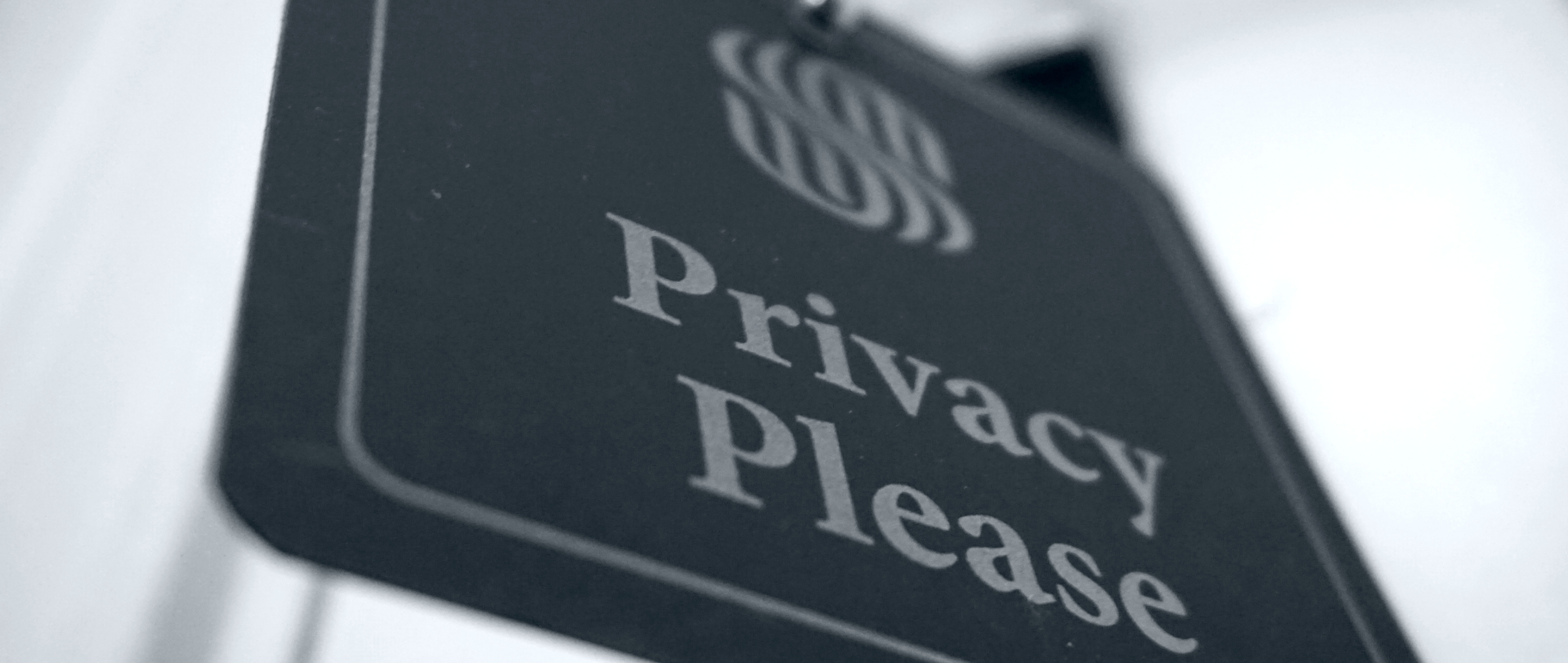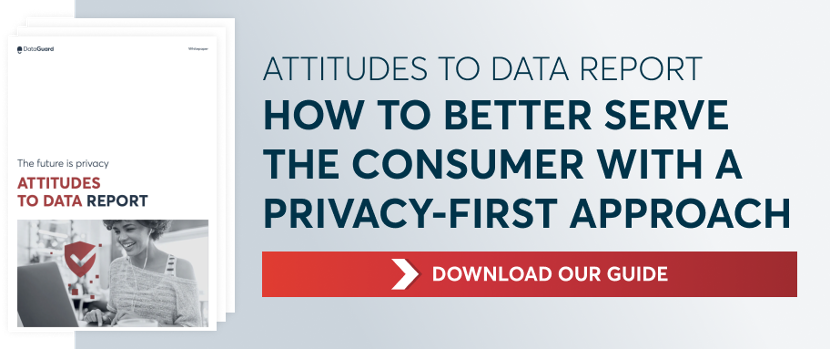We live in a conflicting world, where we expect organisations to send us personalised information but feel dissatisfied when bombarded with irrelevant marketing communications.
What you need to know in a nutshell
- Individuals’ want choice over how their data is used.
- Organisations are under pressure to deliver effective digital transformation alongside excellent customer experience.
- Privacy standards have been supercharged with new regulations, and privacy awareness in individuals has improved.
- Introducing transparent self-service models that allow individuals to control their data usage leads to a stronger trust-based relationship and improvements in marketing ROI.
In this article
- Understanding for which purpose our data is used
- Personalisation through data collection
- Challenges we face today when trying to serve the modern consumer
- How to ensure a seamless customer journey while adhering to regulations
- Conclusion
Understanding for which purpose our data is used
We may decide to view applications such as Facebook, to stay in touch or as a business tool, but then feel our privacy is invaded when adverts pop up for something for which we randomly searched elsewhere moments earlier, leaving us concerned and confused how the two are linked.
If not from personal experience, we are all too aware that data is often misused, sold without permission, or just not managed in the way we think it should be. It should therefore come as no surprise that there is a distinct lack of trust in organisations to correctly handle customers data. At least 4 out of 5 European consumers, regardless of their age, are concerned about sharing their data. Many are not even aware why so much personal data is required, when logging onto websites, Wi-Fi and applications. But we are getting more savvy. 88% of people claim that transparency about how their data is collected and used is important when sharing their information with a company.
Download the attitudes to data report now for free to get a more detailed look into a privacy-first approach that shows how to better serve the consumer.
Personalisation through data collection
On the flip side, we want personalisation. We want to be able to choose when our data is used, how it is used, who it is shared with, and we want to gain value in return. We want to be marketed to at the right time, on the right channel, with products and services that interest us. To achieve this level of personalisation, organisations need to collect more personal data and preferences. We want the best of both worlds, but surely it is down to the organisations processing our data to get the balance right. In the last 3 years, regulations such as GDPR, PECR and CCPA have been put in place to ensure personal information is covered under local privacy regulations, but these mandates have created more conflicts from within the organisations, causing challenges in multiple areas.
Challenges we face today when trying to serve the modern consumer
Delivering the best customer experience
In an increasingly customer-centric world, organisations are under pressure to deliver effective digital transformation whilst providing us with an excellent experience.
Concerns over data privacy must be addressed with clear, consistent policies and visible customer benefits to build trust-based relationships.
How do organisations go about delivering the needs of the modern consumer, when they themselves are challenged with complex technology and data landscapes, keeping up with evolving regulations and maintaining customers in what is a highly competitive market?
What is meant by a complex organisational landscape? The average organisation has over 15 data sources where customer data is stored and needs to be accessed to market products and services. Added to that is the requirement to deliver digital transformation across an increasing number of touchpoints, whilst providing excellent customer experience. We haven’t yet touched upon the quality of data that sits in these silos. Organisations need to have confidence that all the information they hold is accurate and can be used as required, whilst maintaining compliance.
The GDPR established new standards in terms of data protection
That brings us onto the second challenge. There has been an increase in privacy awareness since standards have been set by the regulators. This is constantly evolving, and it is harder to keep up with, unless the right level of skills in-house can monitor, address and amend workflows. Earlier we mentioned GDPR, four letters that have caused challenges across all organisations, preventing them from being able to share information and communicate effectively and freely with us. By now, it is expected that most organisations will have implemented initial solutions to manage consent, but in most cases a blanket yes / no ask has been adopted. This simplistic approach has resulted in many organisations sustaining a loss of contact, with 66% of a customer base typically choosing not to opt-in, therefore preventing organisations from getting closer to customers, gaining insight into their interests. In our experience, these quick fix solutions to consent often fall below the required standards to avoid penalties or fines, and they certainly do not assist with effective customer engagement.
The challenge of allowing customers to control their data use
Last, but by no means least, the challenge around customer retention and growth. With demands for personalised experiences and better engagements, as a customer we want control to drive our own initiatives and share our data at a time that is right for us, so we can both maximise its value. We want to be able to connect on any device and obtain the information we desire. Connecting all the internal and external systems and enabling self-service capabilities can be costly, time-consuming and complex, when dealing with multiple stakeholders. But organisations delivering this transparent approach, can start to build a trust-based relationship, thereby improving the overall customer experience and increasing customer retention.
Ensure a seamless customer journey and adhere to regulations
Organisations want to market all of their products and services to increase revenue streams. However, current systems and infrastructure, along with regulations, don’t always allow for a seamless customer journey. How do you bridge the gap and ensure you continue to adhere to regulations, but also send the right message, at the right time, and deliver the most value to the customer?
Regulations such as GDPR have not been designed to stop businesses from communicating with their customers. Quite the opposite, in fact. It’s led to an increase in data quality, which is why the best and most resourceful marketers can see the bigger picture, in that it’s an opportunity to delve deeper into the needs of their prospects and customers, rather than using the traditional “one-size-fits-all” approach to marketing.
Conclusion
Organisations that embrace the trusted economy concept will ensure that data is connected across multiple systems. This will enable them to communicate effectively to all customers, about all products and services, in a way that delivers true personalisation, whilst maintaining compliance.
To read more about this ‘Privacy Paradox’ download our Future is Private: Attitudes to Data Report, a survey of how consumers and organisations really feel about how personal data is used and managed.








